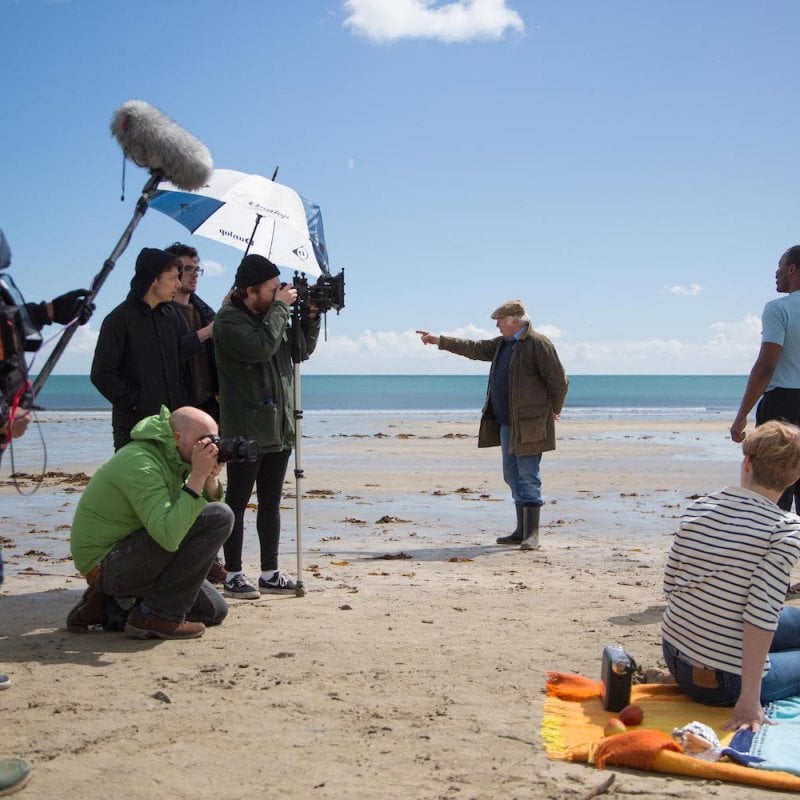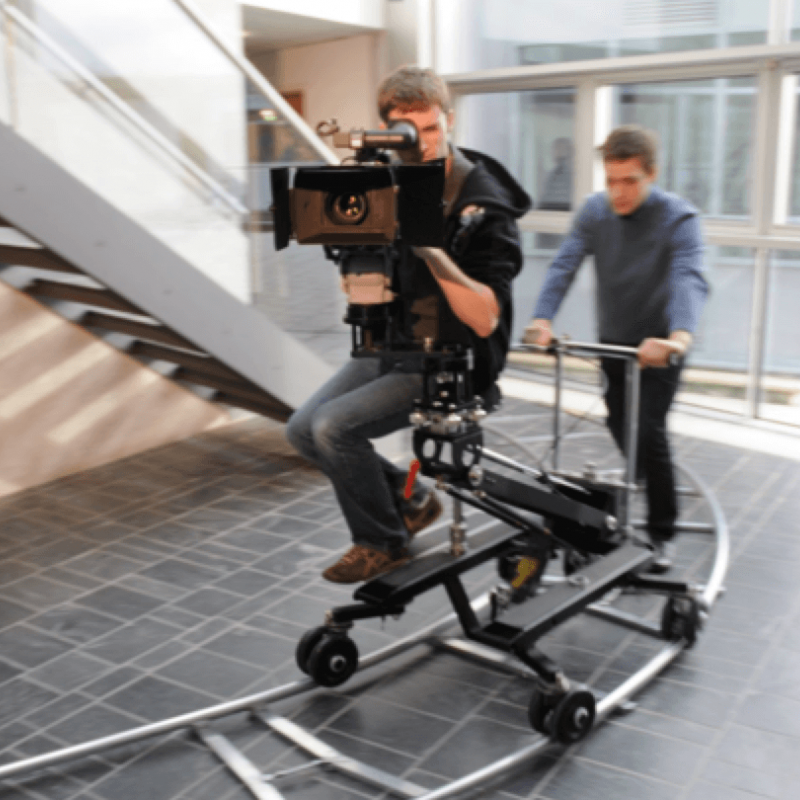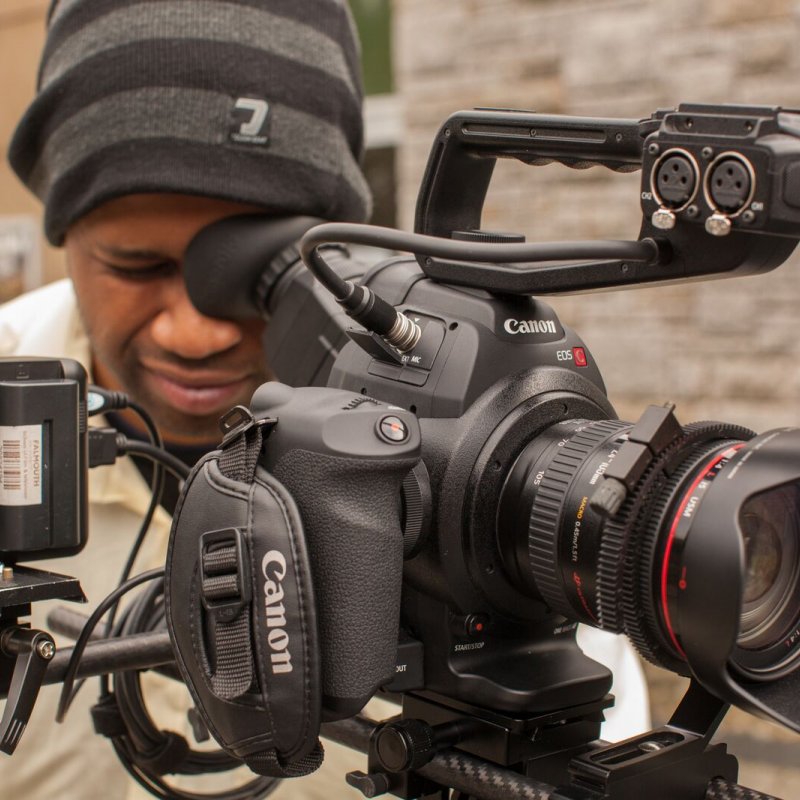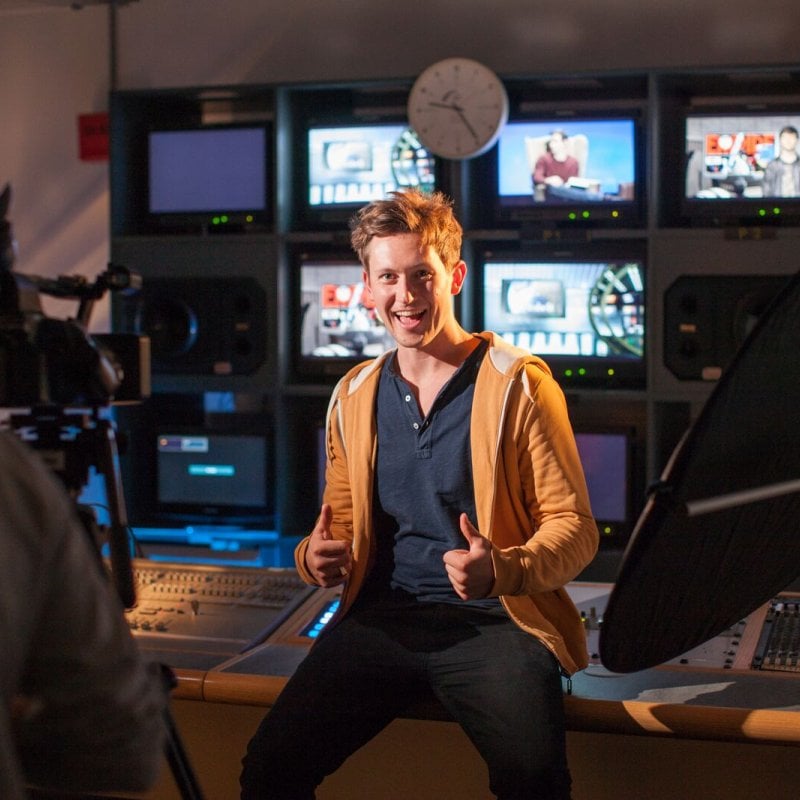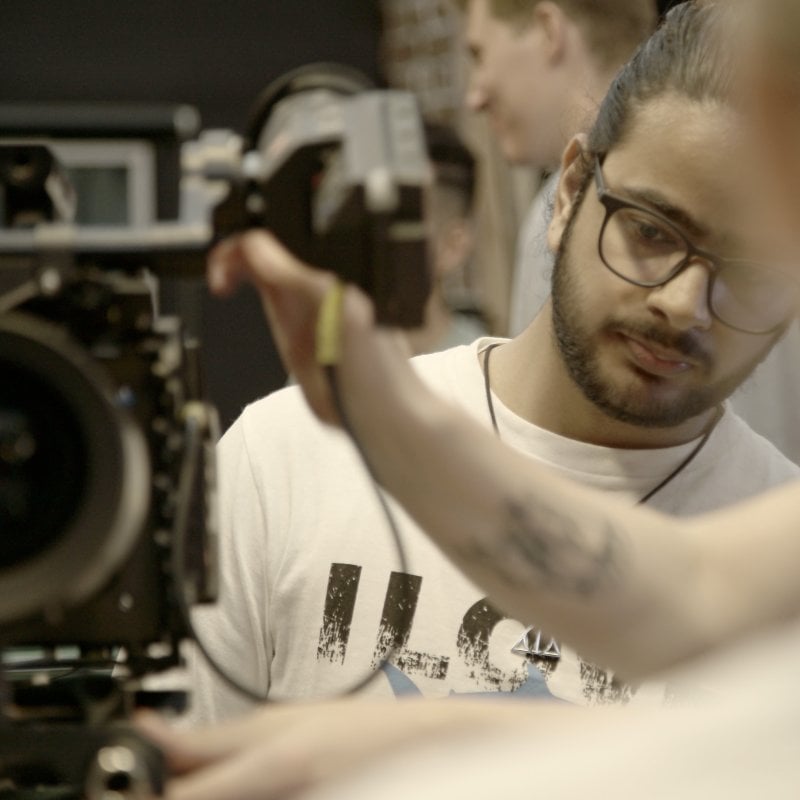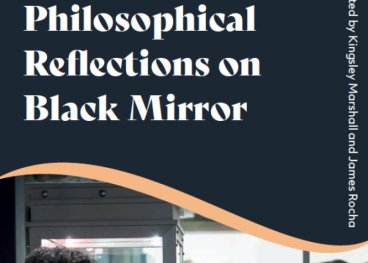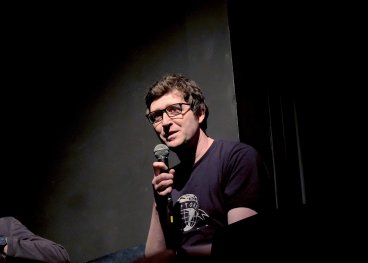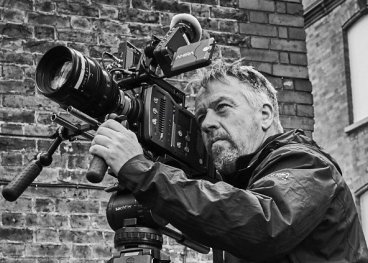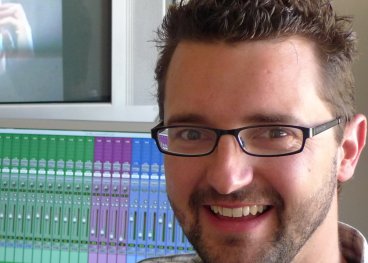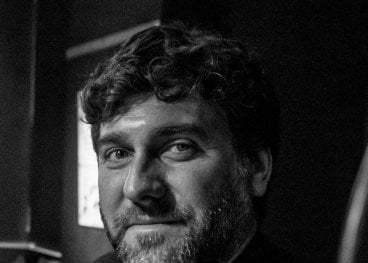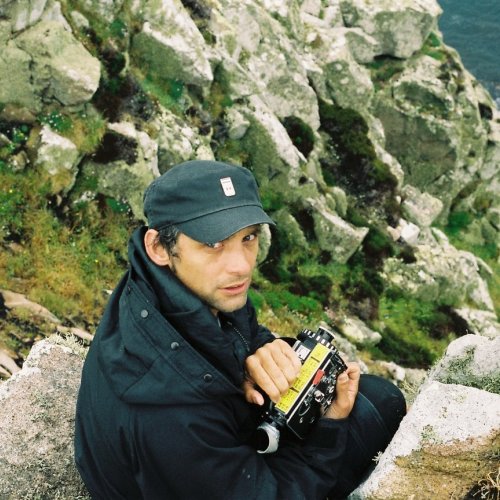Course overview
Join a diverse and inclusive community of filmmakers and academics, immersing yourself in creative and innovative film projects while mastering the skills needed to excel in your chosen career in film and television.
Whether your ambitions lie in editing, cinematography, sound design, producing, screenwriting, or academia, you’ll be equipped to step confidently into the industry, with support from our academic team.
We value bold originality, and welcome applicants from all backgrounds - with or without prior media experience. You’ll learn how to make a meaningful contribution to a professional project, pitch compelling ideas, and collaborate effectively with fellow creatives. Our approach is hands-on and immersive, focusing on practical projects and contextual research that reflects professional workflows and includes real-world engagement to support your industry-ready portfolio.
Based in our acclaimed School of Film & Television, you’ll study alongside specialist, award-winning staff in state-of-the-art facilities, developing the craft and research skills needed to place your work at the forefront of global industry trends.
Study at Falmouth:
- Learn from academic experts and interact with high-profile film and television professionals
- Study at a CILECT-accredited school on a master’s carrying the ScreenSkills Select quality mark, one of the few postgraduate courses recognised as eligible for the BAFTA UK Scholarship Programme
- Access professional-standard equipment, shooting digitally on ARRI and RED and with 8mm and 16mm film cameras
- Have the opportunity to work with our Sound/ Image Cinema Lab on in-house micro-budget short and feature filmmaking projects, through extra-curricular live briefs and other industry internships
This Film & Television MA course is industry recognised by ScreenSkills, the industry-led skills body for the UK's screen-based industries, and carries the ScreenSkills Select quality-mark which indicates courses best suited to prepare students for a career in the screen industries.
 The course is also one of the few postgraduate programmes recognised by BAFTA UK as an eligible course for the BAFTA UK Scholarship programme.
The course is also one of the few postgraduate programmes recognised by BAFTA UK as an eligible course for the BAFTA UK Scholarship programme.

Similar courses

Feature Filmmaking MA
This is a unique course, for unique filmmakers. On MA Feature Filmmaking, you’ll push your experie...

Film & Television MA (Online)
Establish your unique voice and develop the skills and knowledge needed to establish an impactful an...
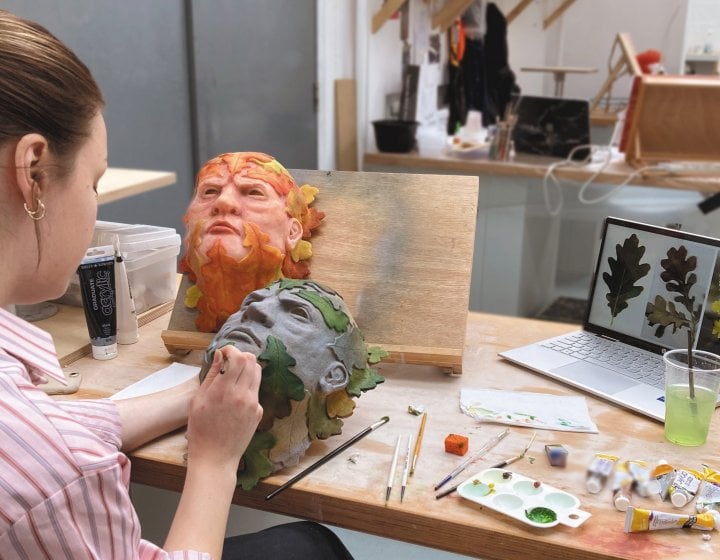
Prosthetic Effects MA
Launch your career in prosthetic effects with this unique course. Working hand-in-hand with world-cl...

Comedy Writing MA (Online)
Get the skills, tools and industry insights to push your projects to the top of the commissioning ed...




